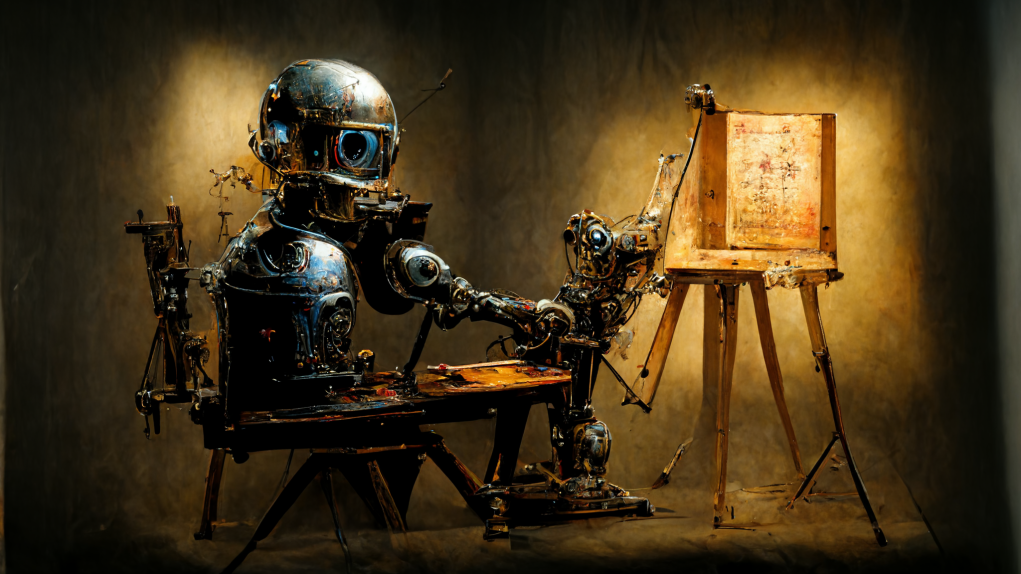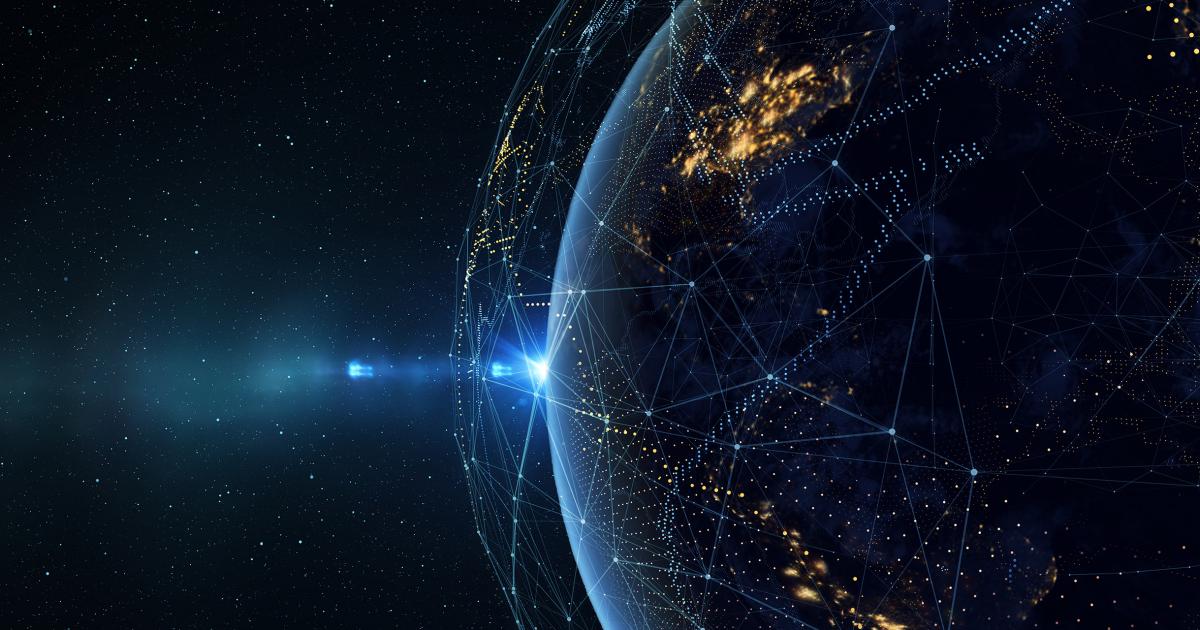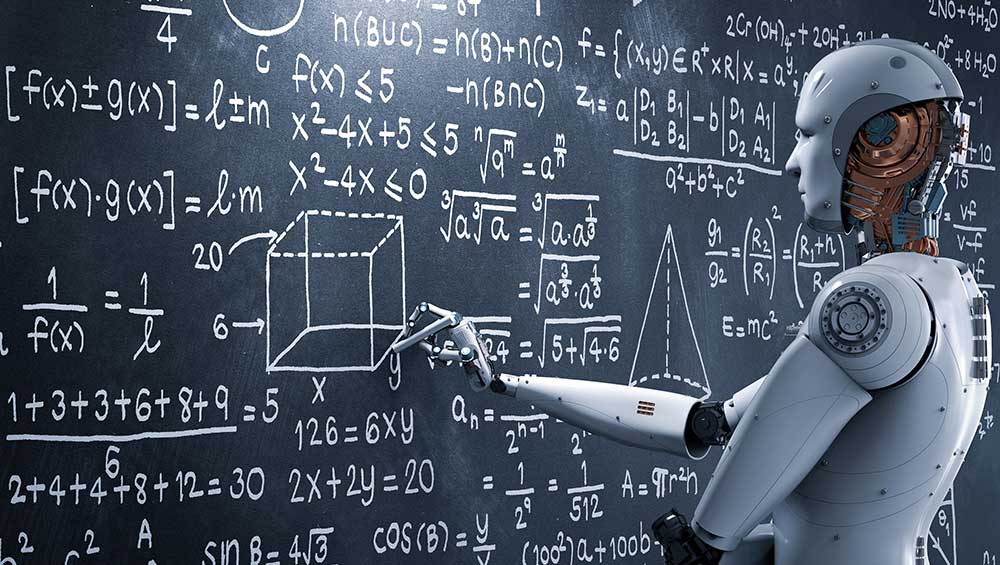Feature Article: Artificial Intelligence Speaks on Artificial Intelligence
This is the second part in a three-part series of articles from award-winning journalist Mike D'Amour. In this part we discuss the answers we received when we asked AI to speculate on what would have happened if its own technology had existed centuries earlier than today - during the time of the scientific revolution. The results may surprise you...

We asked AI what would have resulted if its own technology existed centuries earlier, during the time of the Scientific Revolution.
This is the answer that the AI gave us:
If AI existed in the 1500s, there is no doubt it would have profoundly impacted human inventiveness. The combination of artificial intelligence and the knowledge and tools available during that era would have likely revolutionized the world.
While it’s impossible to say with certainty exactly how this would have played out, there are several factors that indicate AI's potential to enhance human innovation during the Renaissance period.
In the 1500s, access to knowledge was relatively limited, and scientific inquiries often relied on intuition and trial-and-error methods. However, with AI, humans might have harnessed vast amounts of data, allowing for more precise observations and calculations.
For instance, AI could have been used to analyze astronomical data, leading to discoveries and advancements in fields such as astronomy and navigation, which were crucial during that time.

Secondly, AI might have automated laborious and repetitive tasks, freeing up human creative potential. The Renaissance was a time of great artistic and intellectual development, with renowned individuals such as Leonardo da Vinci pushing the boundaries of what was possible. However, many artists and intellectuals had to spend a significant amount of time and effort on menial tasks, such as mixing paint or performing calculations manually. AI tools could have automated these tasks, allowing these individuals to focus more on their creative work and potentially achieving even greater artistic and scientific breakthroughs.
Moreover, AI could have accelerated the spread of knowledge and ideas during the 1500s. In that era, communication and information dissemination were much slower compared to today. However, AI could have facilitated the dissemination of ideas through improved printing methods, translation tools, and the ability to collaborate remotely. This increased access to knowledge could have led to a more rapid exchange of ideas and a faster pace of innovation.

However, it is important to consider the emergence of AI in the 1500s may have also hindered human inventiveness in some ways. One potential risk is over-reliance on AI, which might have led to a reduction in critical thinking skills and problem-solving abilities among humans. If AI provided all the answers, there would be less incentive for individuals to think independently or creatively. As a result, the capacity for human inventiveness might have suffered, as people became overly dependent on AI's calculations and solutions.
In conclusion, if AI had existed in the 1500s, human inventiveness would have undoubtedly been greatly affected. While AI could have provided humans with an unprecedented level of information, computational power, and automation, there is a risk of diminishing human creativity and innovation.
Nonetheless, considering the potential benefits of AI technology in disseminating knowledge, facilitating research, and automating tedious tasks, it is likely that AI would have significantly boosted human inventiveness during the Renaissance period.
We hope you enjoyed the second installment of this three-part series of articles from award-winning journalist Mike D'Amour. Stay tuned for part three, coming soon!